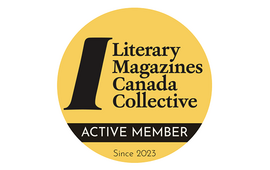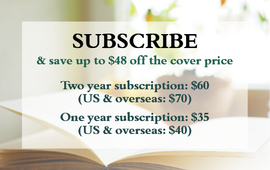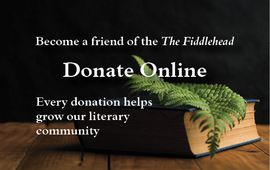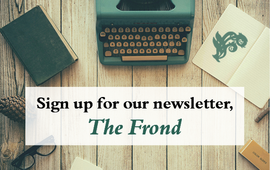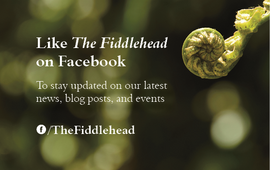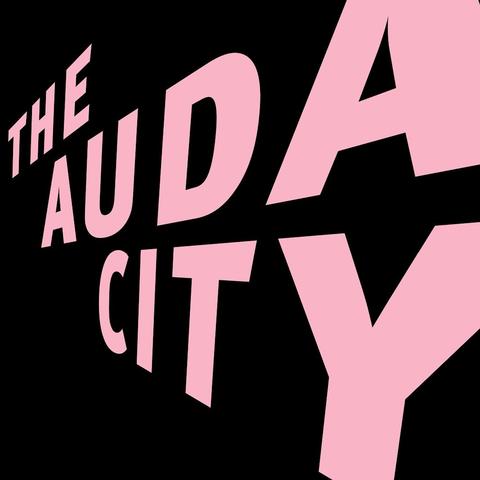
My wife and I moved during the pandemic, from the historic house in a former whaling village where we raised our kids to a late 20th Century human terrarium along a river. Every day since moving-in four months ago, I take advantage of the myriad pathways that wind through the woods along the side of our new habitat not facing the river, traversing a couple miles per wander in bucolic bliss. I have seen fox, heard coyotes, come upon wild turkeys congregating in groups larger than I’d imagined turkeys mingled. Neighbors report black bears, but I’ve so far been spared those encounters. Along my routes I’ve also noticed small, crushed plastic bottles. Sometimes I stop for closer examination. No taller than my index finger, abandoned emptied and flattened, sporting postage-sized labels echoing familiar logos usually writ larger: Johnny Walker, Jack Daniel’s, Tito’s, Bacardi. Known as “minis”, the liquor industry ostensibly manufactures these 50 ml. servings for airlines and hotels, yet they adorn every package store and liquor store, loitering around the cash register in clusters like bloated chess pieces. The minis remind me of my reading lately. Short hits of big brands; a powerful punch reminiscent of the larger longer intake.
Roxanne Gay’s blog, The Audacity, is my favorite imbibe. Gay’s books are unassailably worth the time, and at over 300 pages each, both Bad Feminist and Hunger defined weeks in my life in past years. The Audacity, arriving weekly and perkily in my phone, is always sharp sometimes funny sometimes poignant reading I do while online at the hardware store (when you move to new place you go to the hardware store more often than you go to the bathroom.) Presented in five days of journal entry log lines, “Picky Puppy Food Journal” is a hilarious read about the questionable eating habits of Gay and her wife’s dog. “The Delusion of Borders” pulls zero punches on the topic of immigration, including landing a surprise uppercut square on the chin of Kamala Harris. Gay publishes other authors in her blog, one a week, short keen samples of newcomer voices.
I’ve been swigging from magazines and newspapers indulging in my consumption. David Sedaris’ newest story, tenderly exploring his father evolving just before dying, appeared on my birthday this past August in The New Yorker, becoming my favorite gift. A longtime student of Sedaris’ books, in gulping down this brief essay I was reminded of how light a touch he has contorting the arc of his stories. A month later (to the day) The New York Times published Anne Patchett’s newest essay, “Sometimes the Luck is in the Fall.” This brief meditation on bad occurrences inevitably befalling and how one can interpret them in better light, flooded me with why I have luxuriated in Patchetts’s longer works over the years.
Bless The Academy of American Poets for many things of course, but specifically for Poem-a-Day depositing itself within my inbox before my first mug of coffee brews. This morning was Ada Limon’s Lover—maybe stop reading me right now and read Lover instead. Seriously. You won’t be sorry.
My mother-in-law Arlene subscribes to First Light Meditation, put out by the Unitarian Church of All Souls. Not a religious woman, Arlene does me repeated mitzvah in winnowing away quotes that wouldn’t speak to those secular-yet-open-to-dogma-free-faith among us and delivers to my in-box thoughtful ruminations a couple times a week from sources diverse as Eleanor Roosevelt (on character) to William Wordsworth (on solitude).
As addictive as drinking the good stuff in with my eyes can be, a generous pour of an author reading their own words is equally sublime. Anne Lamott’s newest book, Dusk Night Dawn, are short essays I listened to Anne read aloud to me when I drove around my new town searching for the dry cleaners, the good bookstore, which place carries bulk grain-free cat food.
Lamott’s book, interestingly, shares with Sedaris’ and Patchett’s essays, Limon’s poem, and much of Gay’s blog, this past year-plus of pandemic and political forest fire as springboard or through line. Dusk Night Dawn poses and answers the question of how we return to hope and life amid these dark times… “we begin by accepting our flaws and embracing our humanity” Lamott offers.
The minis remind me precisely of that. Specifically, that just as fast-salve literary intake delivers me through days of rambling, I refrain from judging others their quick fixes. Considering this era, I assume we’re all doing as well as can be expected.
J Brooke is entirely grateful to be a writer whose work has appeared in over 20 publications including Columbia Journal, Harvard Review, Maine Review, Southampton Review, Bangalore Review. Brooke was Nonfiction Editor of Stonecoast Review while receiving an MFA in Creative Writing from the University of Southern Maine.

